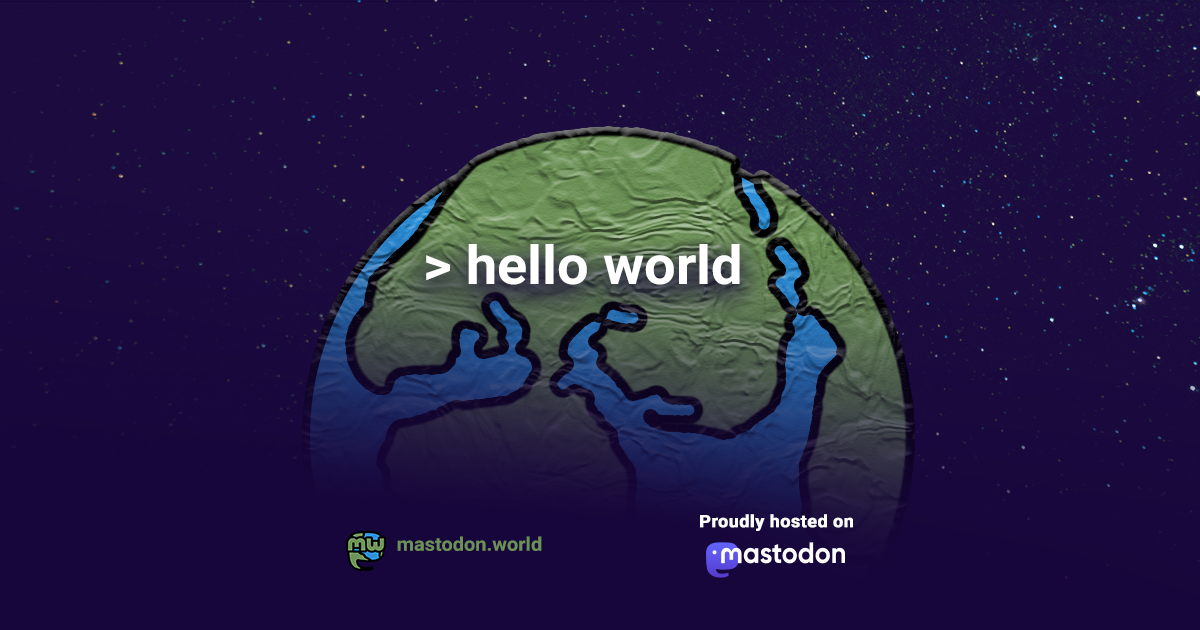Hari Tulsidas<p>Bayesian Theory, known for its effectiveness in probability and statistics, is increasingly applied to historical research. Updating the probability of historical events as new evidence is considered offers a structured approach to understanding the past. This method allows historians to quantify uncertainty and make more informed conclusions.</p><p><a href="https://masto.ai/tags/History" class="mention hashtag" rel="nofollow noopener" target="_blank">#<span>History</span></a> <a href="https://masto.ai/tags/BayesianTheory" class="mention hashtag" rel="nofollow noopener" target="_blank">#<span>BayesianTheory</span></a> <a href="https://masto.ai/tags/ResearchMethods" class="mention hashtag" rel="nofollow noopener" target="_blank">#<span>ResearchMethods</span></a> <a href="https://masto.ai/tags/Statistics" class="mention hashtag" rel="nofollow noopener" target="_blank">#<span>Statistics</span></a> <a href="https://masto.ai/tags/Historiography" class="mention hashtag" rel="nofollow noopener" target="_blank">#<span>Historiography</span></a> </p><p><a href="https://www.fharrell.com/post/hxcontrol/" rel="nofollow noopener" translate="no" target="_blank"><span class="invisible">https://www.</span><span class="">fharrell.com/post/hxcontrol/</span><span class="invisible"></span></a></p>
mastodon.world is one of the many independent Mastodon servers you can use to participate in the fediverse.

Generic Mastodon server for anyone to use.
Administered by:
Server stats:
8.1Kactive users
mastodon.world: About · Status · Profiles directory · Privacy policy
Mastodon: About · Get the app · Keyboard shortcuts · View source code · v4.4.3
#bayesiantheory
0 posts · 0 participants · 0 posts today
TrendingLive feeds
Mastodon is the best way to keep up with what's happening.
Follow anyone across the fediverse and see it all in chronological order. No algorithms, ads, or clickbait in sight.
Create accountLoginDrag & drop to upload